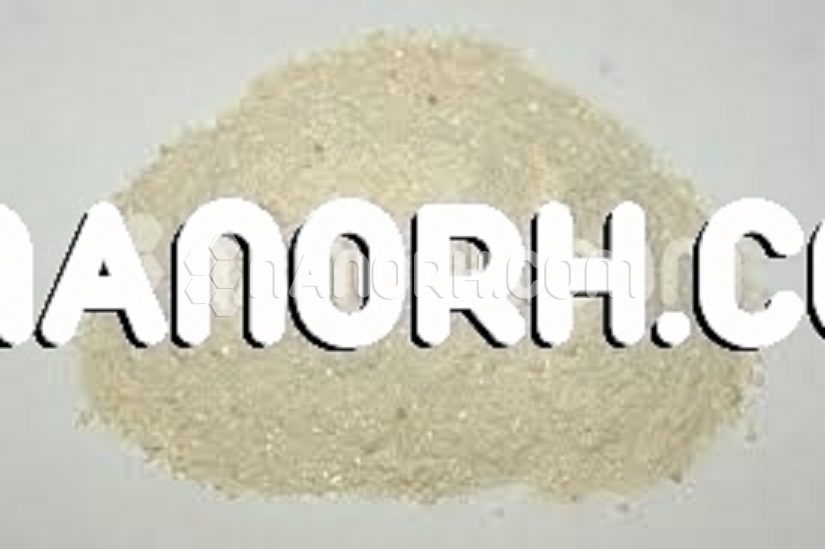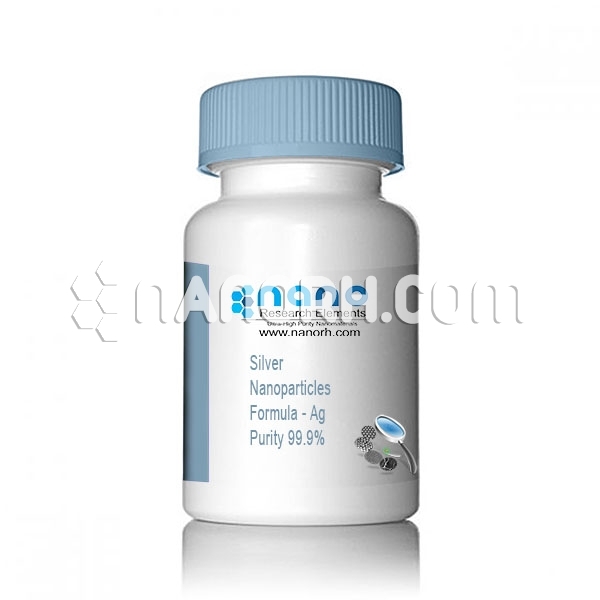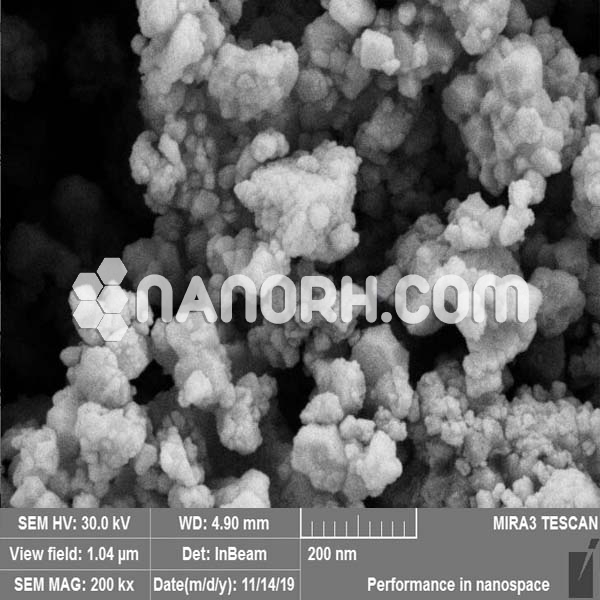| Thallium Carbonate Nanoparticles | |
| Product No | NRE-5222 |
| CAS No. | 6533-73-9 |
| Formula | Tl2CO3 |
| APS | <100nm (Can be Customized) |
| Purity | 99.9% |
| Color | White |
| Molecular Weight | 468.776 g/mol |
| Density | 7.11g/cm3 |
| Melting Point | 272°C |
| Boiling Point | NA |
Thallium Carbonate Nanoparticles
Introduction
Thallium Carbonate Tl2CO3 is an inorganic compound made up of thallium (Tl) and carbonate ions (CO₃²⁻). Thallium, a heavy metal from Group 13 of the periodic table, has gained attention for its potential applications in various fields, particularly when in the form of nanoparticles. When synthesized at the nanoparticle scale, thallium carbonate exhibits enhanced properties, including increased surface area, reactivity, and potential for use in various advanced technological applications.
Thallium carbonate nanoparticles are typically produced using methods such as precipitation, sol-gel processes, or hydrothermal synthesis, which allow for precise control over particle size, morphology, and surface characteristics. These nanoparticles are studied for their unique chemical and optical properties, making them suitable for a range of applications in electronics, catalysis, sensor technology, and medical research.
Key Properties
High Surface Area:
As with most nanoparticles, Tl₂CO₃ exhibits a high surface area to volume ratio, which enhances its reactivity and makes it more effective in catalysis and sensor applications.
Optical Properties:
Thallium compounds, including thallium carbonate, often display interesting optical properties, including luminescence, which can be useful in photonic and optoelectronic applications.
Chemical Stability:
Thallium carbonate nanoparticles are chemically stable under various conditions, which makes them suitable for use in harsh chemical environments and catalytic processes.
Toxicity Considerations:
Thallium is a toxic element, and its compounds, including thallium carbonate, must be handled carefully. However, in controlled amounts and in specific applications, thallium carbonate nanoparticles offer significant utility without posing a serious risk when properly managed.
Potential for Functionalization:
The surface of thallium carbonate nanoparticles can be functionalized to improve their solubility, reactivity, or compatibility with other materials, making them adaptable for specific applications.




